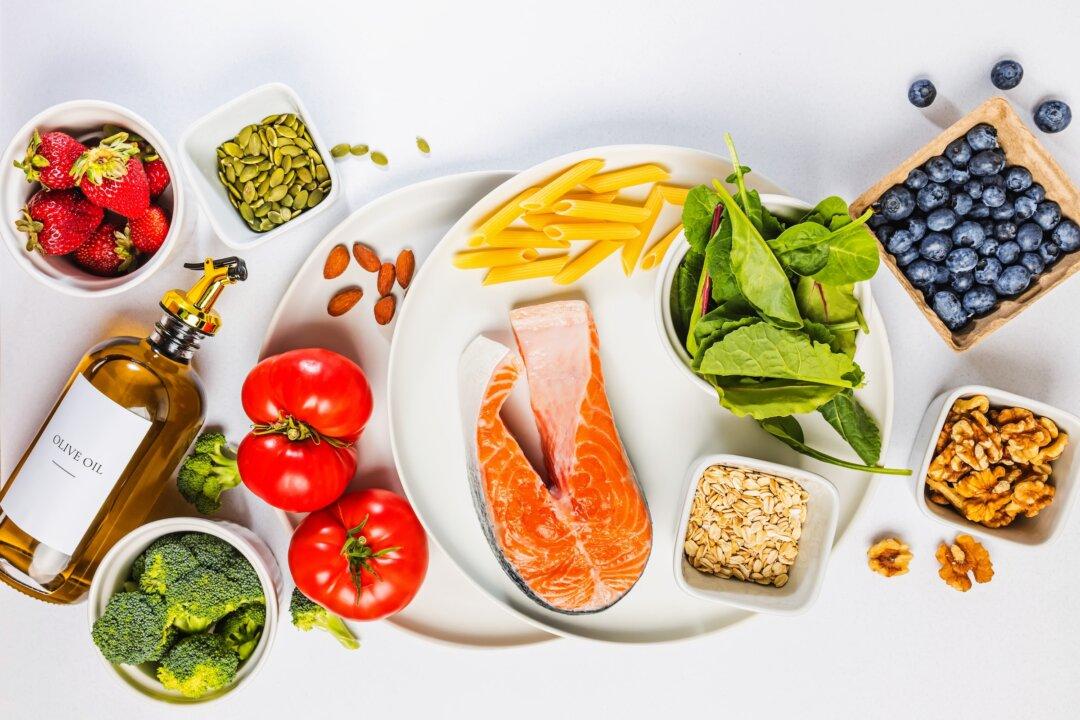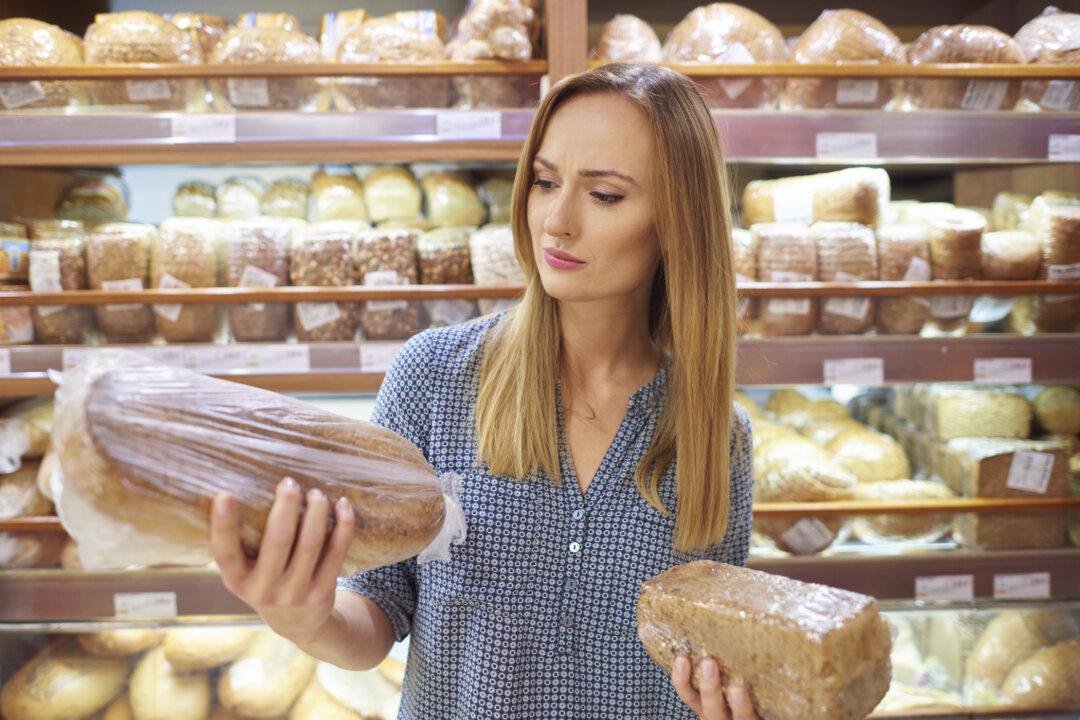A study from the University of Texas, Southwestern Medical Center, found that mice fed diets high in sugar developed severe colitis by increasing harmful colon bacteria and decreasing healthful colon bacteria. The researchers fed mice various dietary sugars such as glucose, fructose, and sucrose for seven days. The high-sugar diet damaged the gut’s protective mucus layer to increase risk for persistent diarrhea, abdominal pain, and rectal bleeding. Harmful bacteria, such as Akkermansia, produce enzymes that break down the mucus that lines and protects your colon from invasion by other bacteria, while the healthful bacteria such as lactobacillus and Bacteroides fragilis markedly increase this mucus protective layer.
When the researchers fed feces from the sugar-treated mice to mice that had not received the sugar diet, they also developed the same changes. This suggests that the intestinal damage was caused primarily by the increased growth of harmful bacteria caused by the high-sugar diet. I find this very disturbing because since the 1960s, the food industry has added high-fructose corn syrup and other sugars to all sorts of foods and drinks to make them taste better. During this period, the incidence of colitis, Crohn’s disease, and irritable bowel disease have increased significantly. Many other studies show that a high sugar diet also increases risk for heart attacks and certain cancers by the same mechanism, and the chronic intestinal inflammation of Crohn’s disease and ulcerative colitis is associated with increased risk for diabetes.





